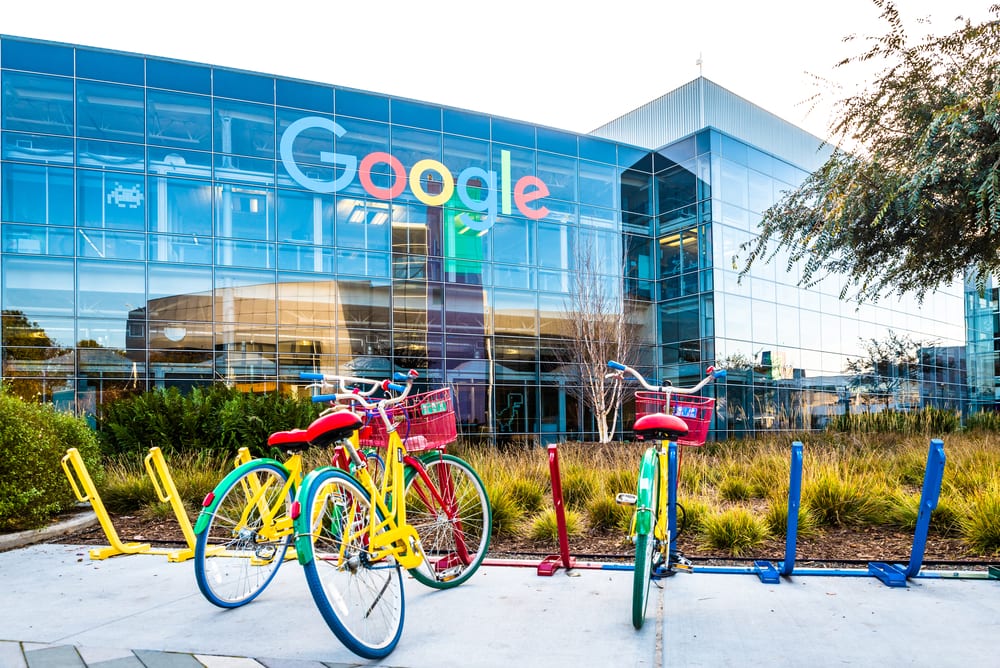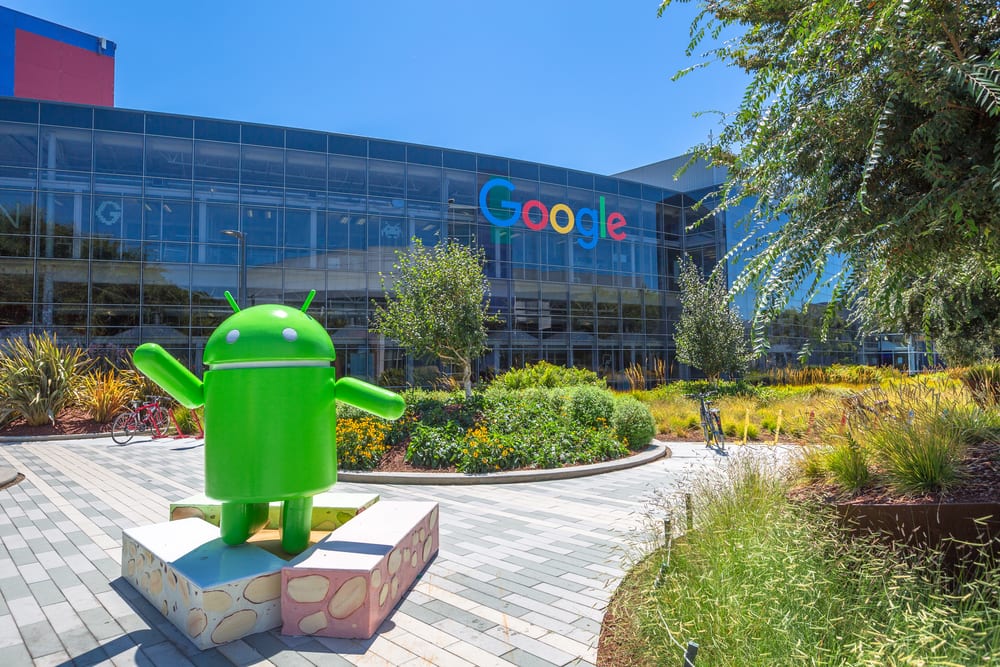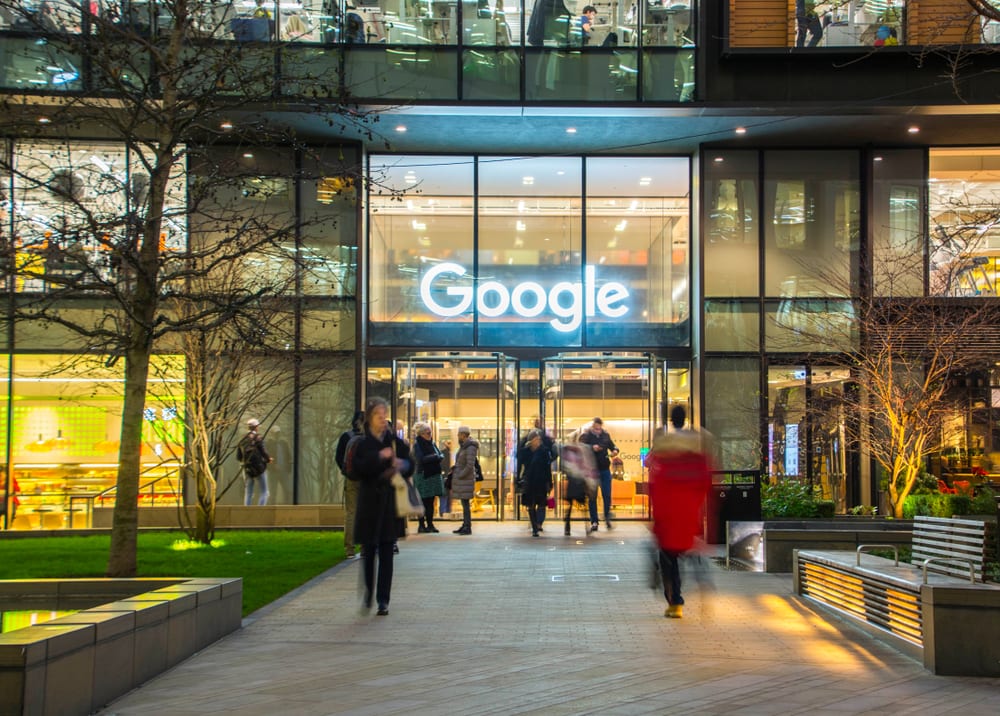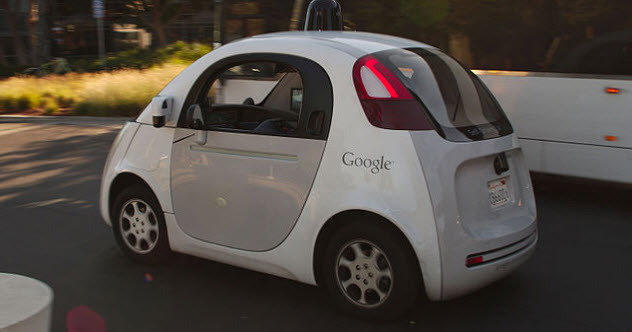 History
History  History
History  Weird Stuff
Weird Stuff 10 Wacky Conspiracy Theories You Will Need to Sit Down For
 Movies and TV
Movies and TV 10 Weird Ways That TV Shows Were Censored
 Our World
Our World 10 Places with Geological Features That Shouldn’t Exist
 Crime
Crime 10 Dark Details of the “Bodies in the Barrels” Murders
 Animals
Animals The Animal Kingdom’s 10 Greatest Dance Moves
 Movies and TV
Movies and TV 10 Box Office Bombs That We Should Have Predicted in 2025
 History
History 10 Extreme Laws That Tried to Engineer Society
 History
History 10 “Modern” Problems with Surprising Historical Analogs
 Health
Health 10 Everyday Activities That Secretly Alter Consciousness
 History
History 10 Dirty Government Secrets Revealed by Declassified Files
 Weird Stuff
Weird Stuff 10 Wacky Conspiracy Theories You Will Need to Sit Down For
 Movies and TV
Movies and TV 10 Weird Ways That TV Shows Were Censored
Who's Behind Listverse?

Jamie Frater
Head Editor
Jamie founded Listverse due to an insatiable desire to share fascinating, obscure, and bizarre facts. He has been a guest speaker on numerous national radio and television stations and is a five time published author.
More About Us Our World
Our World 10 Places with Geological Features That Shouldn’t Exist
 Crime
Crime 10 Dark Details of the “Bodies in the Barrels” Murders
 Animals
Animals The Animal Kingdom’s 10 Greatest Dance Moves
 Movies and TV
Movies and TV 10 Box Office Bombs That We Should Have Predicted in 2025
 History
History 10 Extreme Laws That Tried to Engineer Society
 History
History 10 “Modern” Problems with Surprising Historical Analogs
 Health
Health 10 Everyday Activities That Secretly Alter Consciousness
Top 10 Surprising Facts About Working At Google – 2020
Many people will consider a job at a top tech company like Google the high point of their career. That is no surprise. Google’s parent company, Alphabet, is one of the four trillion-dollar companies in the world. It receives millions of applications from would-be employees every year but only a handful ever manage to get in.
While most people will never get to experience what it feels like to be on Google’s payroll or work out of one of its many offices, they can at least read about it. Working at Google may be cool but as you are about to find out, it is not always a bed of roses.
10 You get all sorts of names thrown at you

Every Google employee is identified by an informal name. The most common is googler, which is used for every employee. This is followed by noogler (pronounced “new-gler”), which is used for newly recruited employees.
Googlers who identify with the LGBT community or openly support them are called gayglers. They should not be confused with greygler, which refers to googlers over 40 years old. Greygler is formed from “grey googler”. Grey here refers to their gray hair. Not all have gray hair but that does not matter.
Doogler is for dogs owned by googlers and the googlers who own these dogs. Brewglers is reserved for googlers who drink beer while Jewglers refers to Jewish googlers. Ex-googlers are not safe from the naming syndrome. They are called xoogler, which is pronounced “zoo-gler”. The name was formed from ex-googler.[1]
9 You do not get any 20% time

There is a common misconception that googlers get one day off every week to spend on personal projects they think will benefit Google. This is the famous 20% time, which remains one of the defining hallmarks of Google. Many successful Google services including AdSense, Gmail and Google News were started by googlers during their 20% time.
However, as many nooglers have found out (to their disappointment) and many googlers and xooglers already know, the 20% time is dead. It still technically exists but that is only on paper. Google has been clamping down on it for years and it is almost impossible to get that time off today.
Some googlers say the 20% time currently exists as the 120% time. That is the 100% time they spend on their core project and an additional 20% time they spend on their core project. If you are thinking that sounds like overtime, you are correct.[2]
8 You get the “Google 15” in your first year

Every googler gets three square meals every day for free. On top of that, they have access to lots of fruits and snacks they can binge on to keep their digestive systems busy.
Googlers have access to so much food that nooglers often gain 15 extra pounds right after they are hired. Googlers call this the “Google 15”. Rumor has it that Google serves so much food because cofounder, Serge Brin, requires every googler to be within 200 feet from food.[3]
7 You get to answer quirky interview questions

Google is famous for the quirky interview questions it asks its would-be employees. Even interns are not spared of these strange questions. They have been asked to estimate the number of tennis balls they think can fit into an airplane.
Prospective googlers are asked more difficult but equally strange questions like how many books are published in the US annually, the number of haircuts people get in the US every year, how they would design an ATM for elderly people and how they would solve homelessness in San Francisco if they have the powers to.[]
Google understands its bizarre interview questions are often difficult and has gone on to ban some of them. This includes logical questions like why manhole covers are round to weird ones like how many piano tuners are alive, how many vacuums are made in the US every year and the number of golf balls that will fill a school bus.[4]
6 Everyone is assigned to a ladder

Every noogler is assigned to a ladder the moment they are employed. By ladder, we mean the route through which they can be promoted. For example, nooglers employed into business roles can only climb up the business ladder (called O Ladder) while engineers can only climb up the T Ladder.
The T Ladder is the most lucrative ladder and is the one most googlers want to climb. Many googlers actually begin their careers in other departments with plans to transfer to engineering in the future.
However, many ultimately realize the process of switching ladders is very complicated and almost impossible. Those that manage to make the switch are often demoted to the previous level on the new ladder even if they are competent at the new role.[5]
Top 10 Ways Google Is Censoring Free Speech
5 The employee review process is complex

Google has a complex review method. Everyone rates everyone else. Managers rate their employees who in turn rate their managers, other employees and themselves. Google calls this the 360-degree feedback.
Every googler undergoes series of periodical reviews including a monthly review and two annual reviews. The first annual review (called a preview) occurs within the first six months of the year. The other is the main review, which occurs around October and November. This main review is what ultimately determines a googler’s fate
The main review starts with individual googlers listing their achievements for the year in no more than 512 words. This information is sent to their colleagues who use it to rate them on how much they fit into Google’s core values and their ability to lead, solve problems, work alone and create a voice for themselves.
Every googler sees how their colleagues rate them but cannot see the rater’s name so they do not know who said what. That information is exclusive to their managers. The manager uses these ratings to suggest a final rate for the googler. Several managers later meet to “calibrate” the ratings of all their employees.
By calibration, we mean they deliberate on whether the googler received a fair rating from their manager. The ratings could be increased or decreased depending on the decision reached. These managers later hold two more meetings to decide whether to promote their employees, increase their salaries or give them some other feedback.[6]
4 You may live in your car

The San Francisco Bay area, which contains Silicon Valley and is home to several tech companies including Google, is currently experiencing a housing crisis. Rent is so high that many well-paid workers including Google’s highly paid software developers cannot afford basic housing.
This part may sound ironic but these same developers started the housing crisis several years ago when they started paying extravagant rents for overpriced homes just so they could be closer to their workplaces. Rents are now so high that the majority of Silicon Valley workers live in cheaper housing far away.
The downside to this is that they end up spending hours in traffic. Those who do not want to spend time in traffic live in buses and trucks parked close to their offices. However, these employees often refuse to talk about the housing crisis over concerns that it could get them in trouble with their employers.[7]
3 You need a promo packet to be promoted

Promotions are somewhat easy at Google until you attain a mid-level appointment where your direct manager cannot promote you anymore. Any promotion you receive after this will be at the discretion of a team of higher-ups who reach their decision solely on the contents of your promo packet.
Your promo packet is a list of your achievements at Google along with every positive review you received during annual reviews and series of essays explaining why you deserve a promotion. You compile this information and send it to those higher-ups through your manager.
This process sounds easy and transparent until you discover the bureaucracy involved. One Senior Software Developer was screwed over so many times he resigned to become an independent developer, which is a very unusual career path for a xoogler.
The promo packet system is flawed because it does not take googlers who worked on other people’s projects, immeasurable or insignificant projects or have not completed a project into account. For example, a googler who helps other googlers complete their project will not receive a promotion because it is not their project.
However, the googler who received the help is likely to receive a promotion because higher-ups assume they were working on something big and have strong leadership skills. Or how else could they have convinced someone else to leave their project to help them with theirs?
Googlers can game this system by refusing to do volunteer work and working exclusively on promo packet-friendly projects. However, this is not easy because these same higher-ups could cancel their project midway, hand it over to other teams or even reassign the googler to another project. Considering Google’s priorities are always changing, this happens a lot.[8]
2 You will be treated badly

Google is famous for its beautifully designed offices, free meals and high salaries. However, when you look beneath all the gloom and glamor, you will realize everything is not all bells and whistles especially when you are a contractor.
As of March 2019, Google had 102,000 employees and 121,000 contractors on its payroll. That indicates contractors make up over half of Google’s workforce. However, Google does not consider or treat contractors like employees even though they do the same work and work out of the same offices as full-time employees.
Contractors receive lower salaries and benefits than full-time employees. They work overtime without pay and cannot attend company meetings, parties and apply for internal jobs. On top of that, they cannot call themselves googlers even though they work under Google managers and can be fired without warning or a valid reason.[9]
1 You cannot form or join a union because Google does not want you to

Googlers and contractors cannot fight many of Google’s controversial policies because Google does not allow them to unionize. Google does not directly stop them from forming or joining unions but it uses many indirect tactics to quash their attempts to unionize.
One of those tactics involves the use of anti-union consultants to negotiate between low and mid-ranking googlers and contractors on one side and upper-ranking googlers on the other. These consultants also advise upper management on how to respond to employee and contractor grievances.
IRI Consultants is one of those companies. It is famous for its anti-union activities and openly brags about helping corporations crush employee attempts to unionize. Google denies that IRI has any influence over its internal policies.[10]
Top 10 Listverse Lists Google Doesn’t Want You To See








